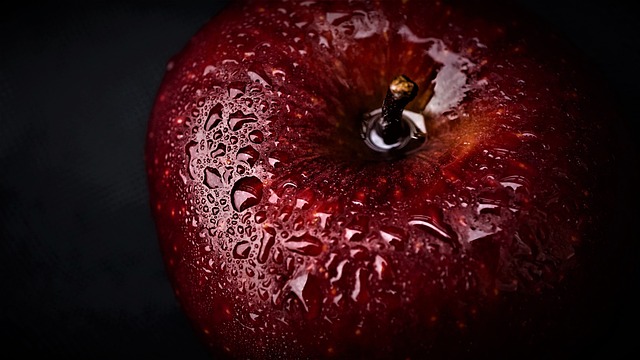Are you an athlete looking for that extra edge to boost your performance? Or simply trying to maintain healthy gut flora while keeping fit? Probiotics may be the answer you’re looking for.
Probiotics are living microorganisms that can benefit the human body. Their main function is to help maintain a healthy gut microbiome by promoting the growth of beneficial bacteria while inhibiting the growth of harmful ones.
As an athlete, your body is under enormous pressure to perform at its best. Intense physical activity can lead to gastrointestinal (GI) issues, such as bloating and diarrhea, that can affect your training and ultimately impact your performance. Probiotics can help regulate the GI tract and prevent these issues from occurring, leaving you feeling better and ready to train harder.
Probiotics and Immune System
Your immune system is also important in keeping you on top of your game. Being at the peak of your fitness doesn’t mean anything if you’re always getting ill. Probiotics, especially those containing strains like Lactobacillus and Bifidobacterium, can improve your immune response by stimulating the production of antibodies and increasing the activity of macrophages and natural killer cells.
A study conducted on elite cyclists showed that consuming a probiotic supplement containing Lactobacillus fermentum for four weeks improved immune function and reduced the incidence of upper respiratory tract infections. This is essential for athletes who are prone to infections due to their intense training schedules and exposure to viruses and bacteria in crowded environments such as gyms.
Probiotics and Inflammation
Inflammation is a natural part of the body’s response to injury, but chronic inflammation can lead to a host of health issues. As an athlete, you are constantly pushing yourself to achieve your goals. This can lead to increased inflammation, which can hinder your performance and even lead to injuries.
Probiotics can help reduce inflammation in the body by producing short-chain fatty acids (SCFAs), which have anti-inflammatory properties. SCFAs are produced when probiotics ferment indigestible fibers in the colon. Studies have shown that consuming probiotics can help reduce inflammation markers in active individuals, including CRP and TNF-alpha.
Probiotics and Endurance
Every athlete dreams of having better endurance. Whether you’re a runner or a weightlifter – your body needs to be able to sustain high levels of physical activity for long periods of time. Consuming probiotics can help improve your endurance by reducing muscle damage and inflammation, and improving recovery times.
A study conducted on male runners showed that supplementing with Lactobacillus fermentum reduced muscle damage and inflammation after a half marathon. In another study, consuming a probiotic supplement containing Lactobacillus plantarum for four weeks improved running performance in recreational runners.
Types of Probiotics for Athletes
There are many types of probiotics available for athletes, and the choice depends on your individual needs. Here are some of the most common strains that have been studied and proven beneficial for athletes:
- Lactobacillus acidophilus: Helps boost immune function and reduces GI issues.
- Bifidobacterium bifidum: Helps boost immune function and reduces GI issues.
- Lactobacillus fermentum: Reduces inflammation, improves endothelial function, and reduces muscle damage.
- Lactobacillus plantarum: Reduces inflammation, improves gut barrier function and improves recovery after exercise.
- Bifidobacterium lactis: Reduces GI distress and enhances immune function.
Conclusion
In conclusion, athletes can benefit greatly from consuming probiotics. These supplements can help regulate the GI tract, improve immune function, reduce inflammation, and improve endurance. There are many types of probiotics available, and the choice depends on your individual needs. Talk to your doctor or dietitian to find the best probiotic for you, and start reaping the benefits of a healthy gut microbiome today.







